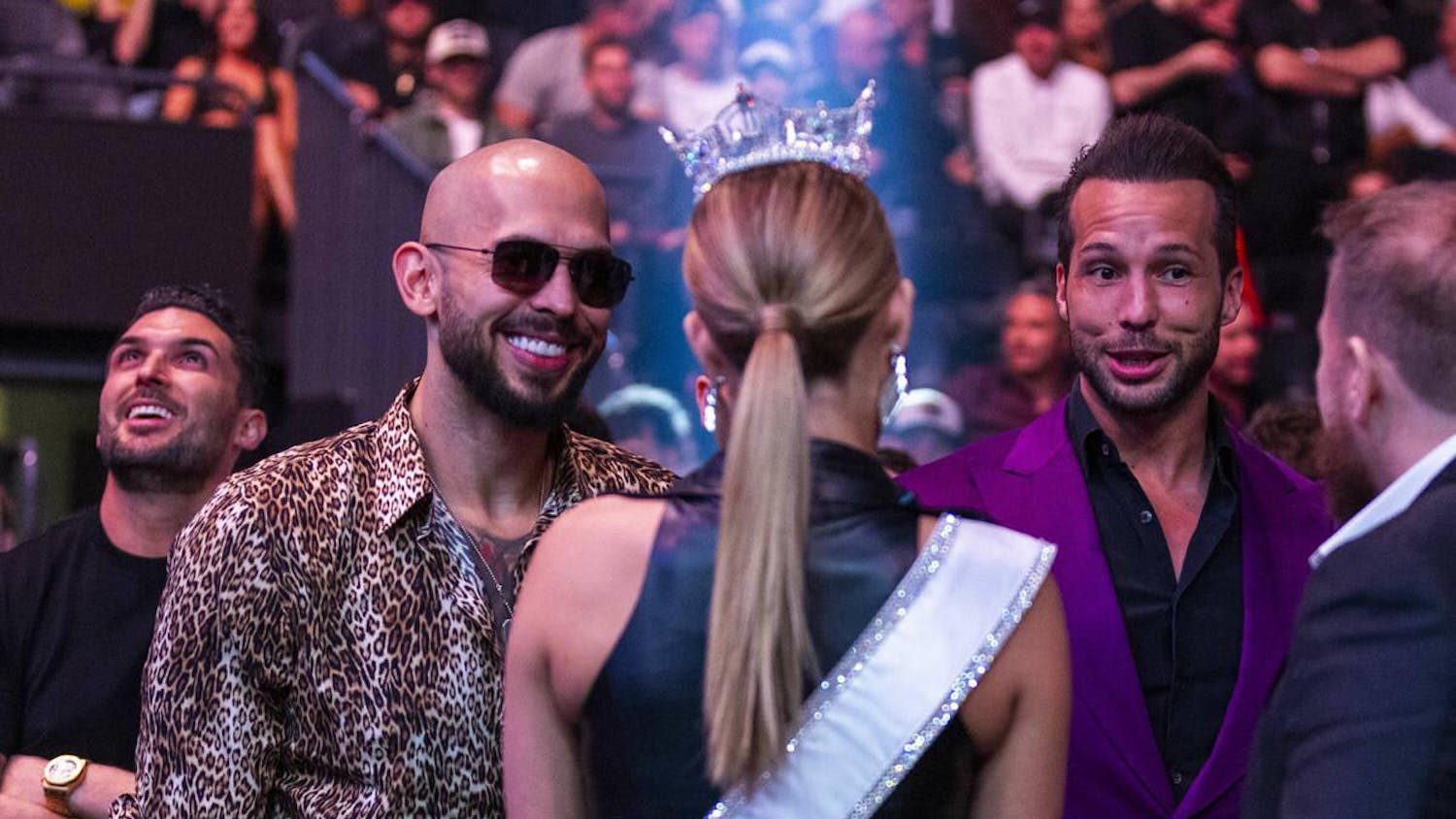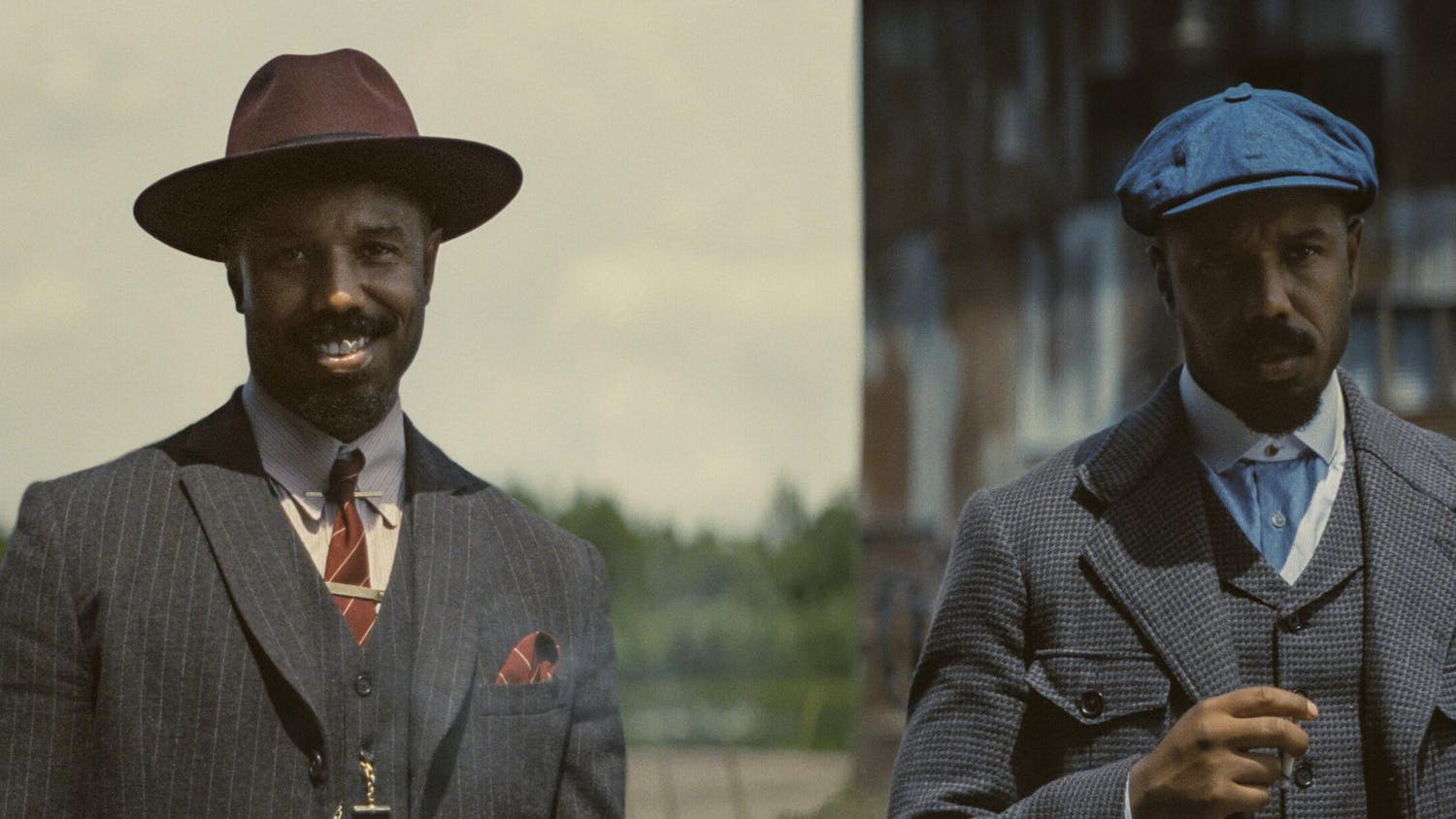To our friends, allies, and supporters,
Those of you who participated in our recent email campaign probably received a response from Provost Robel — a response that attempted to disparage and demonize our organization. While we will address some of Provost Robel’s points, let it be clear that we are doing so only to reveal the IU administration's main tactic against us: an attempt to distract us, our supporters, and our potential supporters, from Indiana University’s complicity in perpetuating systemic racism and inequality.
On April 5th, Students Against State Violence, along with around 50 of our allies and supporters, delivered a letter to Provost Robel demanding that the IU administration put more effort and resources behind implementing the Bloomington Faculty Council (BFC) Resolution on Diversity — which had already been passed a year ago to that date. The administration, in cooperation with some of the more conservative members of the BFC, has been actively working to stall or undermine the resolution, which called for an exploration into a social justice education requirement and more active recruitment, aid, and retention of underrepresented students, faculty, and staff of color.
Tellingly, Provost Robel did not respond to our demand letter, choosing instead to send a generic response to those who wrote to her as part of our email campaign. In her emailed response, she attacks SASV directly, attempting to minimize the university-wide struggle for social justice by framing it as a personal squabble between SASV and the provost’s office. To be clear: we have no interest in targeting Provost Robel; rather, we aim to hold the entirety of IU’s administration accountable to the broader IU community. Furthermore, SASV is not one static group of people; rather, it is a dynamic and responsive platform through which students, faculty, staff, and other organizations unite behind common goals and principles.
That said, Robel’s criticisms of SASV — or, more accurately, against what she imagines SASV to be — are still inaccurate and worthy of clarification. How can SASV be, as Robel claims, “hands down the most overtly violent group on campus” when IU fraternities frequently make headlines for sexual assaults, hazing, and other acts of violence perpetrated by their members — and when we know that the assaults reported are but a fraction of those that actually occur? How can we be the most violent group on campus when IUPD, the very organization charged with protecting students, uses our campus as a training ground for broken windows policing, is complicit in brutalizing student protesters, and cultivates an environment in which cadets and officers find it acceptable to sexually assault students?
Even these rebuttals, however, remain confined within Robel’s narrow and skewed perception of what “violence” really is. Through scapegoating SASV as the most “violent group on campus”, Robel obscures the racism, misogyny, ableism, and all other forms of systematic violence which occur daily at IU. If throwing a canvas banner over an inanimate object is violence, but the administration providing a platform for a person who thinks that women and people of color are genetically inferior isn’t —
If chalking a wall is violence, but deliberately resisting the implementation of social justice education isn’t —
If interrupting a speech is violence, but deploying over 70 armed guards in an attempt to silence student dissent isn’t —
If holding our university accountable is violence, but the administration’s failure to hold fraternities accountable for perpetuating rape culture isn't —
If speaking out boldly against all forms of injustice is violent —
Then yes, we are proud to be the most “violent” group on campus.
In her attempts to divert attention from the actual issues — namely, the well-being of students of color, the ethics violations of lending Murray’s research a sheen of legitimacy, and the administration’s hypocritical willingness to suppress student dissent with militarized force — Robel went so far as to completely fabricate information to scapegoat SASV, claiming that “pre-talk threats” from SASV were the reason for militarized police presence at the Murray speech. Contrary to Robel’s assertion, SASV made absolutely no comments about Murray’s invitation until after the Media School sent an email about the “security measures” that were to be taken.
In her email response, Provost Robel condemned protesters for what she described as “assaults” on a vehicle, yet contradicts herself in her IDS op-ed the same night by stating that we were “peaceful protesters.” This is just another example of Provost Robel skewing her story to fit whatever narrative is most useful to her. In this case, the narrative is an attempt to convince our supporters that SASV is a fringe group of violent extremists, but to assure the public that we are a peaceful and subdued non-threat.
Note that Provost Robel published her statement about the Murray visit and “peaceful protesters” as an op-ed in the student paper, not as an official university statement. With deafening silence, Robel and the IU administration have failed to address the documented police brutality against students at the anti-Murray rally, and the fact that a student was detained by police for no apparent reason — acts facilitated by the university administration when they ordered the militarization of our campus. In fact, as of this writing the university has still made no official statement whatsoever about the Murray speech or the protests.
Having addressed Provost Robel’s attempts to disparage our organization, we would like to speak to the progress we’ve made and the future of our movement. The material impact of SASV and our allies' work for justice at IU extends beyond the one-off demonstrations Robel denounced in her message. For instance, the aforementioned detained student was released only through the solidarity of protesters who vehemently demanded her release and refused to leave without her. The faculty council committee charged with addressing the resolution's call for a social justice general education requirement was created only after our demands for implementation last semester. Our outreach efforts and educational events have raised awareness of social-justice issues on campus, and we have succeeded in building a strong coalition of organizations and individuals across IU’s campuses, all working towards a more just and accessible university. Having achieved this and more in just a few short semesters, it is exhilarating to imagine what we can accomplish with a mass movement of IU community members. Ultimately, our demands for the implementation of the BFC resolution are only an incremental step towards our goal of a tuition-free, anti-imperialist, un-policed, fully accessible and sustainable institution where diversity, safety, and inclusion are the standard, and not something to be fought for.



